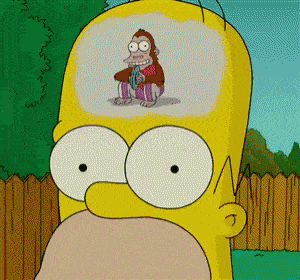Dissociation can be a challenging experience, especially the one that happens at work. Are you experiencing dissociation?...
Mental Health Conditions
Mental disorders, also known as psychiatric disorders, are medical conditions that affect a person's thinking, feeling, behavior, and mood. They may be occasional or long-lasting (chronic). Some of the most common types of mental disorders include:

Anxiety Disorders
An anxiety disorder is when a person feels intense worry, fear, or uneasiness. This can last for a long time. Generalized anxiety disorder, panic disorder, social anxiety disorder and various phobias are all examples of this condition.

Personality Disorder
Personality disorders are bad patterns of thought and behavior that make it hard for someone to function in social situations or relationships. Some examples of personality disorders are borderline personality disorder, antisocial personality disorder, and paranoid personality disorder.

Mood Disorders
Mood disorders are mental health conditions that cause drastic changes in one's emotions, such as extreme sadness or elation.

Psychotic Disorders
Psychotic disorders involve a break from reality, with potential symptoms like hallucinations and delusions.

Eating Disorders
Eating disorders are when people have a lot of worry about food, their weight, and how they eat. People with eating disorders have different attitudes about food, body weight, and abnormal eating behaviors.

Neoro-developmental
Neurodevelopmental Disorders are conditions that can interfere with how a person learns, behaves, and socializes.

Sleeping Disorders
Sleep disorders are problems with sleeping, staying asleep, or getting restful sleep. They can cause big problems in people's lives.

Dissociative Disorder
Dissociative Disorders are psychological conditions where a person is disconnected from themselves, their memories, or their surroundings.

Impulse Control
Impulse Control Disorders are when someone has a hard time resisting the urge to do something that could be harmful or disruptive. This can lead to bad things happening.

Obsessive-Compulsive
Obsessive-Compulsive and Related Disorders can make it very hard to do things that you need to do every day. This is because people with these disorders have thoughts or activities that keep them from being able to focus on what they need to do.

Trauma / PTSD
PTSD can happen after a person goes through a very sad, scary, or dangerous event. People with PTSD may have bad memories of the event that keep coming back (flashbacks), have trouble sleeping because they keep having nightmares about the event, or try to avoid things that remind them of the event.

Depression
Depression is a mood disorder that makes a person constantly feel sadness and creates a loss of interest.

